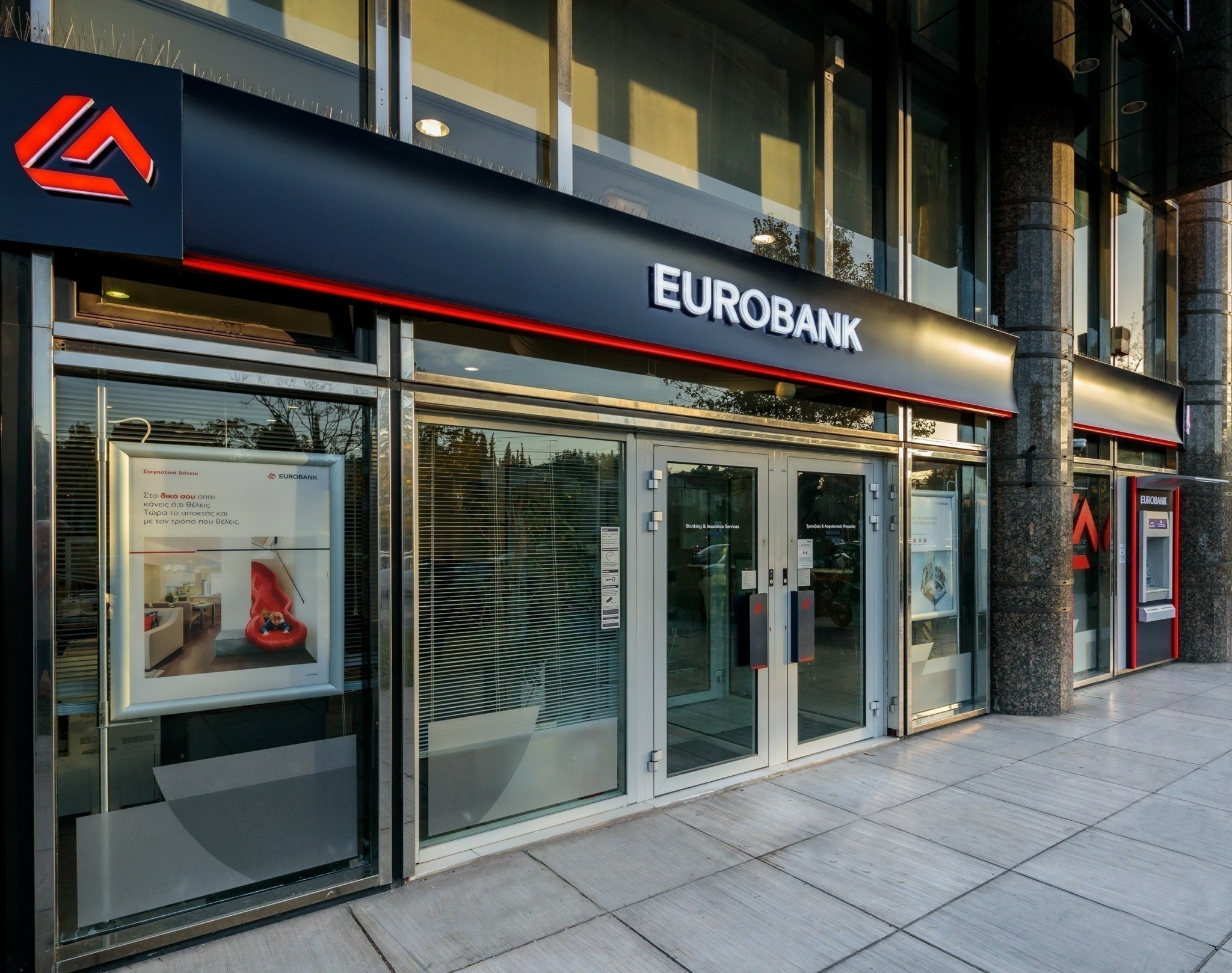JP Morgan has reaffirmed its optimistic stance on Eurobank, suggesting the bank’s recent acquisition of Eurolife FFH’s life insurance operations will significantly boost profitability and returns over the coming years.
The investment bank maintained its overweight recommendation with a target price of €4.1 for Eurobank shares, citing the deal to reacquire 80 per cent of Eurolife Life Insurance from Fairfax.
The deal, valued at €813 million in cash, grants Eurobank full control of Eurolife’s Life Insurance operations, while Fairfax will keep 80 per cent of the general insurance business.
The transaction also involves Eurobank transferring 45 per cent of ERB Asfalistiki in Cyprus to Fairfax for €59 million, with a future option to sell the remaining stake.
JP Morgan estimates that the transaction will be additive by 5 per cent to 6 per cent to earnings per share and by 115 basis points to Return on Tangible Equity (RoTE) by 2027, despite consuming 120 basis points of CET1 capital.
On a pro-forma basis, the report noted that Eurobank’s RoTE is expected to rise to 17.3 per cent, up from 16.1 per cent before the agreement. This provides a 150 basis point margin over other Greek systemic banks.
The acquisition price corresponds to 1.45 times book value and approximately 10 times 2024 earnings, valuation levels that are consistent with those of comparable European companies in the sector, according to JP Morgan.
Eurolife holds a 22 per cent share of the Greek market and recorded €600 million in gross written premiums in 2024.
Significantly, 77 per cent of its products are distributed through Eurobank’s network, and 70 per cent are Unit-Linked, characteristics that make the activity “capital-light and efficient,” the investment bank’s analysis mentioned.
The investment bank further estimates that the transaction will increase commissions as a percentage of Eurobank’s total income to 30 per cent by 2027, a factor that supports higher valuation multiples and confirms that the bank will continue to enjoy a premium compared to its domestic competitors, the report added.
Meanwhile, the decision by Eurobank to regain full ownership of Eurolife FFH Life Insurance was recently described as a credit-positive development for the Greek lender by credit rating agency Moody’s.
The agency mentioned that the deal strengthens Eurobank’s position in the Greek insurance market, enhances its profitability, and diversifies its revenue base.
While acknowledging that the acquisition carries a moderate short-term capital cost, Moody’s observed that its long-term strategic and financial benefits are significant, reinforcing the bank’s credit profile.
Moody’s believes operational integration is expected to proceed smoothly as many Eurolife employees are former Eurobank staff who share a common corporate culture.
Furthermore, around 80 per cent of Eurolife’s business in recent years has come through Eurobank’s distribution networks, highlighting a natural alignment between the two entities.
Eurobank’s management projects an increase of 100 basis points in the group’s return on tangible book value (RoTBV), which stood at 16.6 per cent in June 2025.
Revenues from fees and commissions are forecast to rise by about 12 per cent, with the share of income from asset management and insurance activities likely to exceed 30 per cent of total operating revenue, up from 22 per cent in mid-2025, which would reduce Eurobank’s reliance on net interest income.
The deal will cause an immediate negative impact of around 120 basis points on its Common Equity Tier 1 (CET1) ratio, but Eurobank plans to seek approval for the Danish Compromise to mitigate this capital effect.
Both transactions, including the sale of a stake in the Cypriot general insurance arm to Fairfax, are subject to regulatory approvals and are expected to close in the first half of 2026.






Click here to change your cookie preferences